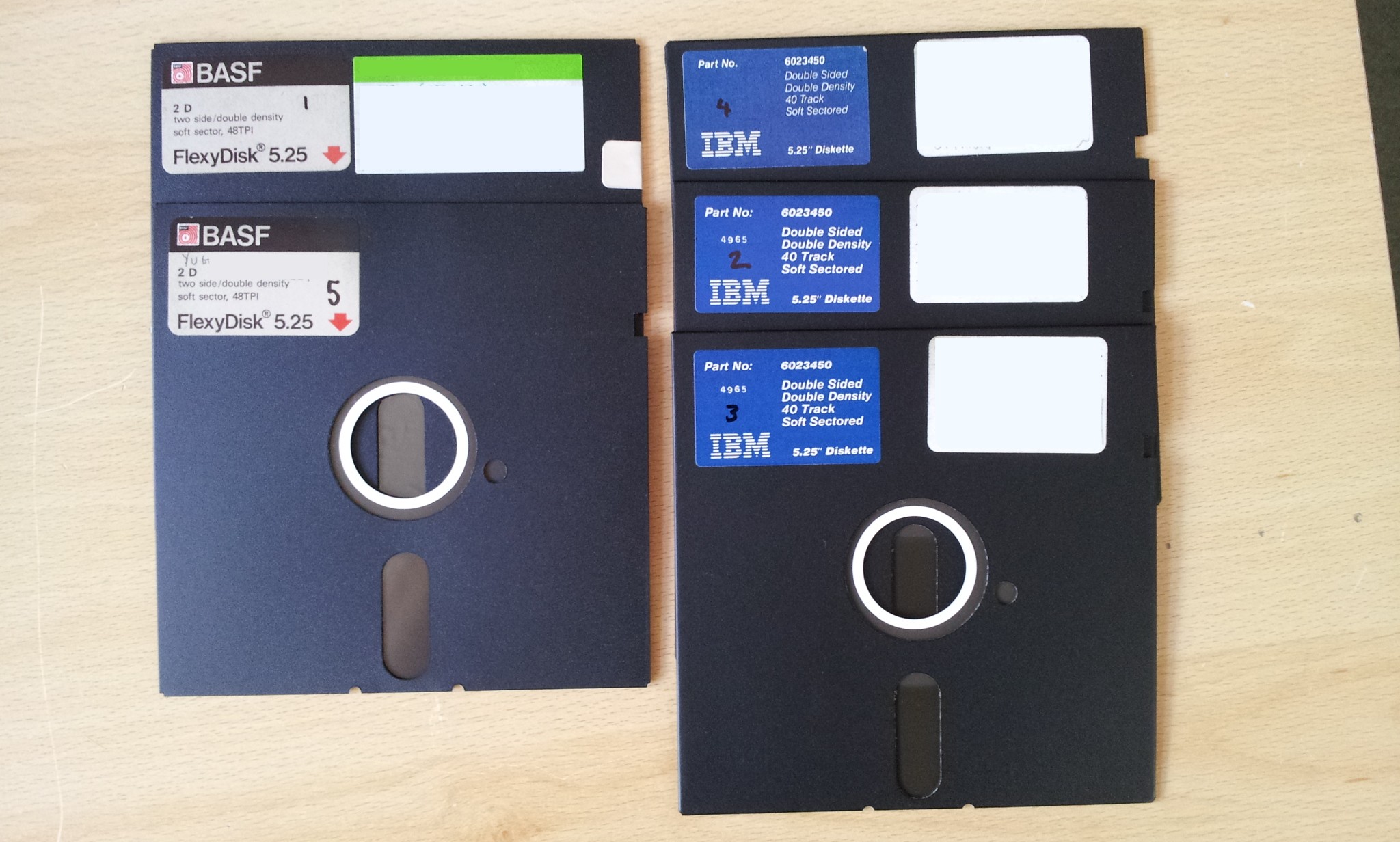
The following incremental backup transferred 15.1 GB in 585 files, at a transfer rate of 43 MB/s.
#DISK ARBITRATOR TO KEEP DISKS MOUNTING FULL#
The first full backup over the network transferred a total of 61 GB in 287,960 files, giving an overall transfer rate of 35 MB/s. Using my free app Stibium, average transfer speeds to the shared volume were 73 MB/s write, and 93 MB/s read, which are also reasonably close to the Ethernet maximum. The client was an M1 Pro backing up from its internal SSD, with a read transfer rate of around 6,700 MB/s, and the server was an M1 Mac mini storing the backup to a sparse bundle on an external SATA/USB-C SSD, with a typical write transfer rate of about 500 MB/s.Ĭopying a 10 GB file from the M1 Pro to a shared APFS volume on the server achieved a transfer rate of 93.5 MB/s, which is 75% of the maximum achievable over the Ethernet connection between the Macs. As a result, I suggested that a useful rule of thumb is that TM backups are likely to proceed at around 0.67 of the rate of Finder copies.įor these tests, two M1 Macs were connected via a router using wired 1 Gbps Ethernet, with a maximum transfer rate of 125 MB/s. However, in the latter case, Finder copying of a single 10 GB file was significantly faster at almost 12 MB/s. With all-wireless 11.2.3, Time Machine took over 5 hours to back up 79 GB, giving an average transfer rate of around 4 MB/s. This article reports results using macOS 12.1 over Gigabit Ethernet. In two previous articles I have looked at performance when backing up all-wirelessly in macOS 11.2.3 and using a combination of macOS 11.6 and Monterey beta. This inevitably results in poorer performance: even SATA/USB-C SSDs should achieve transfer speeds of around 500 MB/s, while the fastest that you’ll see over Gigabit Ethernet is a quarter of that, and that’s before the overheads of Time Machine and SMB.



But the reality is that many have to leave Time Machine to makes its hourly backups to networked storage. I’m sure we all wish that we could back up to locally-attached high-speed SSDs.


 0 kommentar(er)
0 kommentar(er)
